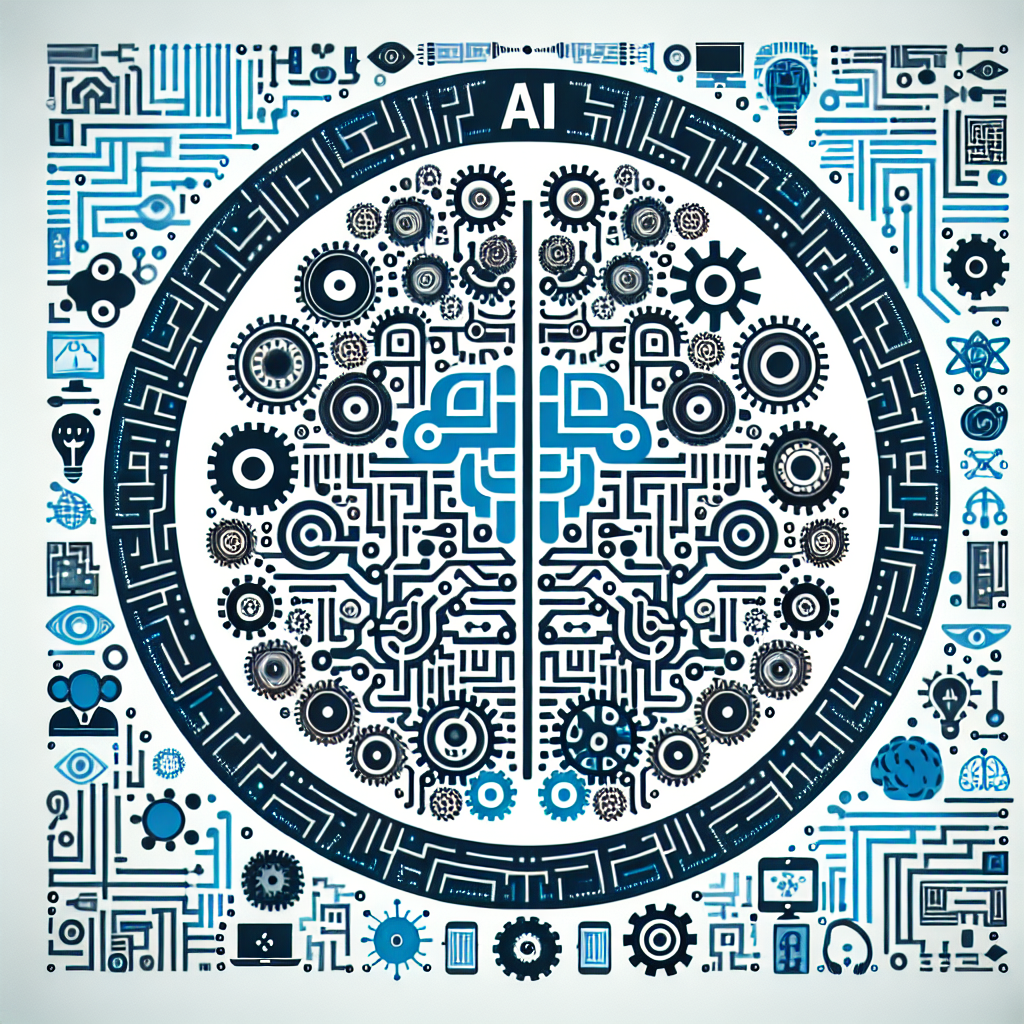Artificial General Intelligence (AGI) is a revolutionary technology that has the potential to solve complex problems in society. AGI refers to a machine intelligence that possesses the ability to understand, learn, and apply knowledge across a wide range of tasks and domains, similar to human intelligence. Unlike narrow AI systems that are designed for specific tasks, AGI has the capability to perform a variety of tasks and adapt to new challenges.
AGI has the potential to revolutionize industries such as healthcare, finance, transportation, and many others. By harnessing the power of AGI, we can address pressing issues such as climate change, poverty, disease, and inequality. AGI can help us make better decisions, optimize processes, and innovate in ways that were previously unimaginable.
One of the key benefits of AGI is its ability to process vast amounts of data and extract insights that can inform decision-making. For example, in healthcare, AGI can analyze medical records, genetic data, and clinical trials to identify patterns and correlations that can lead to more effective treatments and personalized medicine. In finance, AGI can analyze market trends, predict stock prices, and optimize investment strategies.
Another advantage of AGI is its ability to automate repetitive tasks and free up human resources for more creative and strategic work. By delegating routine tasks to AI systems, organizations can increase efficiency, reduce costs, and improve overall productivity. This can lead to significant advancements in various industries and drive economic growth.
Moreover, AGI can help us solve complex societal problems by providing insights and solutions that are beyond human capabilities. For example, AGI can assist in disaster response by analyzing real-time data from sensors, satellites, and social media to coordinate rescue efforts and allocate resources efficiently. In education, AGI can personalize learning experiences for students, identify areas of improvement, and recommend tailored study plans.
Despite the potential benefits of AGI, there are also concerns about its impact on society. Some critics argue that AGI could lead to job displacement and income inequality, as automation may replace human workers in various industries. There are also ethical concerns regarding the use of AI systems in decision-making processes, such as bias in algorithms or lack of transparency in AI systems.
To address these concerns, it is crucial to develop robust regulations and guidelines for the responsible deployment of AGI. Organizations and governments should prioritize ethical considerations, transparency, and accountability in the development and implementation of AI systems. Additionally, investing in education and training programs to upskill the workforce and prepare for the AI-driven economy is essential.
In conclusion, AGI has the potential to revolutionize society and solve complex problems that have long plagued humanity. By harnessing the power of AGI, we can unlock new opportunities for innovation, efficiency, and progress. However, it is important to address the ethical, social, and economic implications of AGI to ensure that its benefits are shared equitably and responsibly.
—
FAQs:
1. What is the difference between AGI and narrow AI?
AGI refers to a machine intelligence that possesses the ability to understand, learn, and apply knowledge across a wide range of tasks and domains, similar to human intelligence. Narrow AI systems, on the other hand, are designed for specific tasks and cannot generalize their knowledge to new situations.
2. How can AGI help solve complex societal problems?
AGI can process vast amounts of data, extract insights, automate tasks, and provide solutions that are beyond human capabilities. By leveraging the power of AGI, we can address pressing issues such as climate change, poverty, disease, and inequality.
3. What are the concerns about the impact of AGI on society?
Critics argue that AGI could lead to job displacement, income inequality, bias in algorithms, and lack of transparency in decision-making processes. It is important to develop regulations and guidelines for the responsible deployment of AGI to address these concerns.
4. How can we prepare for the AI-driven economy?
Investing in education and training programs to upskill the workforce, prioritizing ethical considerations, transparency, and accountability in AI development, and fostering collaboration between stakeholders are essential steps to prepare for the AI-driven economy.

